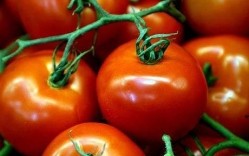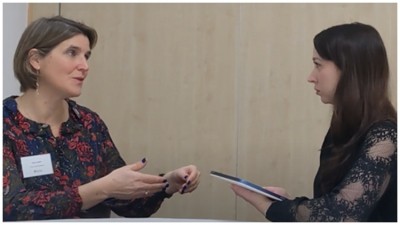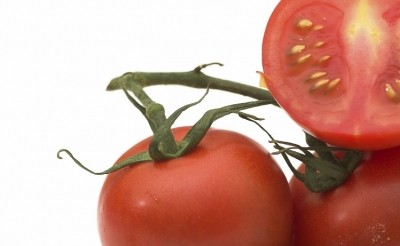News
Fruit and veg shortages raise questions over UK food security

Consumers up and down the country have reported empty shelves in their local supermarkets as retailers contend with shortages of fruit and veg staples such as tomatoes and lettuce.
‘UK food resilience is gone’
National Farmers Union vice president David Exwood said: “We are repeatedly seeing a predictable combination of factors such as energy costs and weather leading to empty supermarket shelves. Our UK food resilience is currently gone. The government needs to take this seriously.
“Producers must have the confidence they need, working within a fair and transparent supply chain, ensuring fair and sustainable returns so they can do what they do best; produce nutritious, high quality British Food to meet demand from shoppers.”
Environment secretary Thérèse Coffey warned parliament that these shortages could last for up to a month with the blame squarely levelled at the poor crops across the sea. However, MPs pointed out that stores across Europe appeared to have full shelves, suggesting a wider issue involving the continued fallout of Brexit.
Sainsbury’s chief executive told The Guardian that the UK only had itself to blame for the problems and that the country was, “uniquely exposed to imports at this time of year. There is a genuine shortage but we did rather bring this problem on ourselves”.
Seasonal veg
While the idea of consumers switching to more seasonal vegetables was tossed around in parliament, this wouldn’t change the fact that consumers expect to be able to purchase their favourite products all year round.
While the shortages have come as a surprise to some, the situation is no different from similar events that led to mass shortages of fruit and veg in 2017 – once again due to poor weather affecting harvests in southern Europe.
Unfortunately, there is no easy solution to this problem. One industry insider told Food Manufacture that the UK could produce out of season fruit and vegetables all year round, the cost – both economically and ecologically – was much too high to even consider the idea.
















